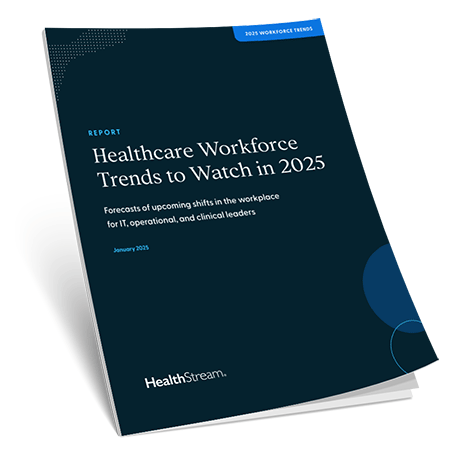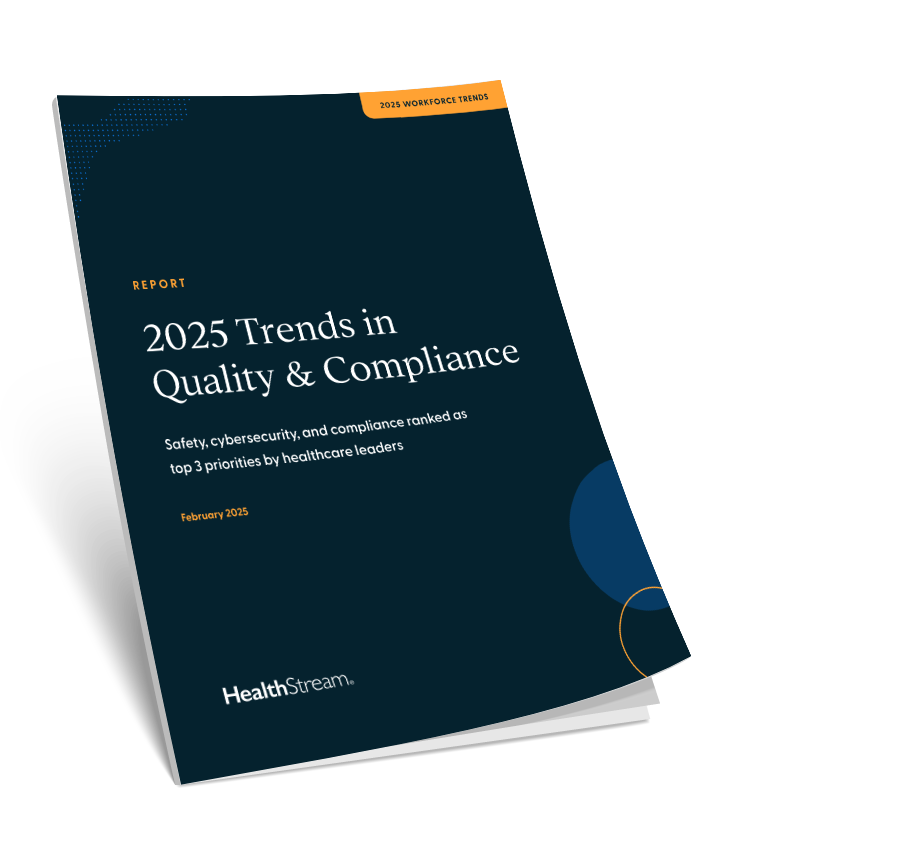Webinar45
Leading with Empathy: The Role of Training in Reproductive Grief Care
October 7<sup>th</sup>, 2025 | 11:00AM CT
Join us for a discussion with the Institute of Reproductive Grief Care, where we’ll examine the vital role of education in supporting individuals experiencing reproductive loss. We’ll begin with the why—why this training matters, why healthcare providers should take notice, and why the Institute developed this course.

.png?sfvrsn=508a48f_1)

